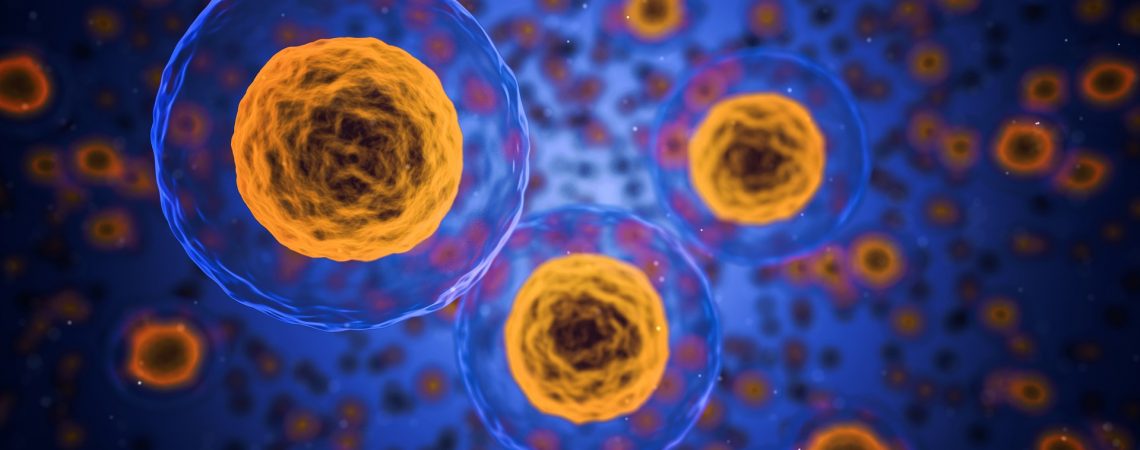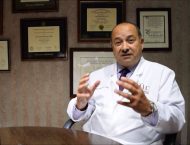What’s in this article
- What is Fanconi-Bickel syndrome?
- Signs & symptoms
- Diagnosis
- Treatment
What is Fanconi-Bickel syndrome?
Fanconi–Bickel syndrome (FBS) is a rare inherited disease. It is characterized by the accumulation of glycogen (a form of energy storage) in the liver and kidneys. According to the Liver Directory Fanconi Bickel syndrome is an autosomal recessive disorder requiring one copy of the gene from each parent or 2 mutated copies total (homozygous) to be affected by the syndrome. There is not that much information available about this condition due to its rarity. It is thought to occur in less than 1 in one million births.
Signs & symptoms
The first symptoms of this Fanconi-Bickel syndrome are usually recognized between 3 and 10 months of age although a case of FBS was first detected as early as during the neonatal period. Symptoms are as follows:
- Rickets (weakened bones)
- Hepatomegaly (abnormal enlargement of the liver)
- Swelling of the spleen
- Frequent urination
- Degeneration of tissue
- Stunted growth
- Late puberty
- Bowed legs
- Low blood sugar between meals
Diagnosis
Fanconi-Bickel syndrome can sometimes be detected at birth, later on there are various tests that can be carried out. A test that checks for galactose intolerance can sometimes help to diagnose along with a urine test that shows glycose, phosphates, amino acids, and bicarbonate levels in the body. A liver biopsy can also be carried out which will detect any issues with the liver and an x-ray can check bones for rickets.
Treatment
There is no way to fully cure Fanconi Bickel syndrome. Supplement treatments consisting of water, electrolytes, and vitamin D are used in combination with a galactose-restricted diet (a simple sugar found in milk and other dairy products containing lactose). A diet that is low in sugar and carbohydrates and small, frequent meals is recommended. Following these guidelines can increase growth and improve the quality of life for the patient.
Find out more about the basics of liver health with Dr. Tarek Hassanein, M.D.

 (442) 244-5115
(442) 244-5115














